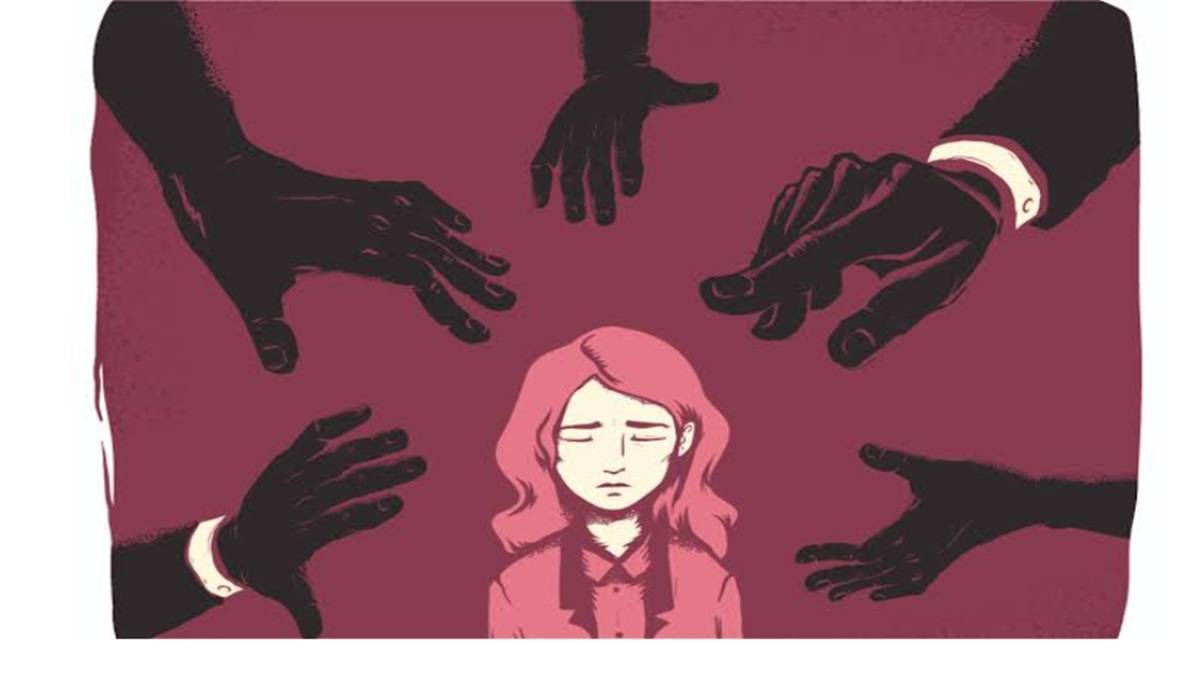Vishaka v. State of Rajasthan Case: Landmark Judgment & Impact
Vishaka vs. State of Rajasthan (1997) judgment played an important role in creating guidelines against workplace sexual harassment. The case was triggered by Bhanwari Devii trial. Read further to know more.
Vishaka judgment is important for law aspirants preparing for important entrance exams like Common Law Admission Test (CLAT), All India Bar Examination (AIBE), and others. Read further to know more details about the same.
- Facts of Vishaka and Others v. State of Rajasthan
- SC Judgment & Observations in Vishaka and Others vs. State of Rajasthan (1997)
- Sexual Harassment of Women at Workplace Act, 2013 (POSH ACT)
Facts of Vishaka and Others v. State of Rajasthan
-
In 1985, Bhanwari Devi started working under the Women Development Project (WDP) of the Rajasthan government. Her responsibilities included generating awareness about social issues, prohibiting child marriage, and resolving issues of gender justice in her society.
-
In 1992, she participated in a government-led campaign to prevent child marriage. Despite the law prohibiting it, villagers strongly resisted the initiative.
-
One of the villagers, Ram Karan Gurjar, planned to marry off his underage daughter, who was just 9 months old. Social Worker Bhanwari Devi tried to stop the marriage, but her efforts failed. Although the police were informed and they initially intervened on May 5, 1992, they took no action the next day when the marriage was completed.
-
Her stand on child marriage faced severe backlash. Not only was she and her family socially boycotted, but she was dismissed from her job too. On September 22, 1992, five men, including four members of the Gurjar family, raped her to take a revenge.
-
But due to police negligence, the medical report could not support her allegations of rape. The trial court then acquitted all the accused, on the grounds of lack of evidence and also local political pressure.
-
However, this injustice caused outrage across the country. Many women’s groups and activists came forward to support Bhanwari Devi. The organisation Vishaka, along with others, filed a PIL in the Apex Court under Article 32, seeking enforcement of women’s fundamental rights under Articles 14, 15, 19, and 21 of the Constitution.
-
The PIL further pressed upon the urgent need for law against sexual harassment of women at the workplace.
This case ultimately led to the landmark 1997 Vishaka Guidelines. This laid the foundation for workplace sexual harassment laws in India.
Also Read: Landmark Judgements & Important Cases
SC Judgment & Observations in Vishaka and Others vs. State of Rajasthan (1997)
On August 13, 1997, a three-judge Bench of the Supreme Court comprising Justice J.S. Verma, Justice Sujata V. Manohar, and Justice B.N. Kirpal announced its verdict.
1. Violation of Fundamental Rights
The Apex Court stated that sexual harassment at the workplace is a direct violation of women’s fundamental rights under:
Article 14: Right to Equality
Article 15: Prohibition of Discrimination
Article 19(1)(g): Right to practice any profession or occupation
Article 21: Right to Life and Dignity
2. Right to Work with Dignity
The Supreme Court of India said that under Article 21 it is the fundamental right to life to provide right to a safe and dignified working environment.
3. Judicial Duty in Legislative Vacuum
The Court stated that it is understand that there was no such law at that time. However, it was the duty of the Indian Judicary to protect basic fundamental rights.
4. Use of International Conventions
The Court drew on the Convention on the Elimination of All Forms of Discrimination Against Women (CEDAW) and other international instruments, noting that India is bound to respect them when domestic law is silent.
5. Vishakha Guidelines
The Court in Vishaka vs State of Rajasthan issued the ‘Vishaka Guidelines’ which provided a definition of sexual harassment and also laid down necessary procedures for employers to follow in both the public and private sectors. The Vishaka Guidelines served as the de facto law on sexual harassment until the enactment of the Sexual Harassment of Women at Workplace (Prevention, Prohibition, and Redressal) Act in 2013.
Also Read: Judicial Service Exams 2025: State-wise exam pattern, Syllabus, Eligibility Criteria, Prelims, Mains

Sexual Harassment of Women at Workplace Act, 2013 (POSH ACT)
-
Workplaces with 10 or more employees are required to set up an Internal Complaints Committee (ICC).
-
The ICC operates with powers similar to a civil court and is headed by a senior female employee, supported by two other members and one external representative.
-
Workplaces with fewer than 10 employees come under the Local Complaints Committee (LCC), which also covers unorganized sectors and domestic workers.
-
Complaints should be filed within three months of the incident and extension will be given only after approval from ICC.
-
If the complaint is found correct, the ICC has the right to recommend disciplinary action as per the employer’s service rules.
-
As per the Act disclosure of details related to the complainant, respondent, witnesses, or the proceedings is not allowed.
-
False complaints or fabricated evidence are punishable under the Act.
Read More:

 Call 8585951111
Call 8585951111
She has over 10 years of experience in the education and publishing sectors. She specialises in exam coverage and content creation. At Shiksha, she writes, analyses, and presents information for students preparing f
Read Full Bio